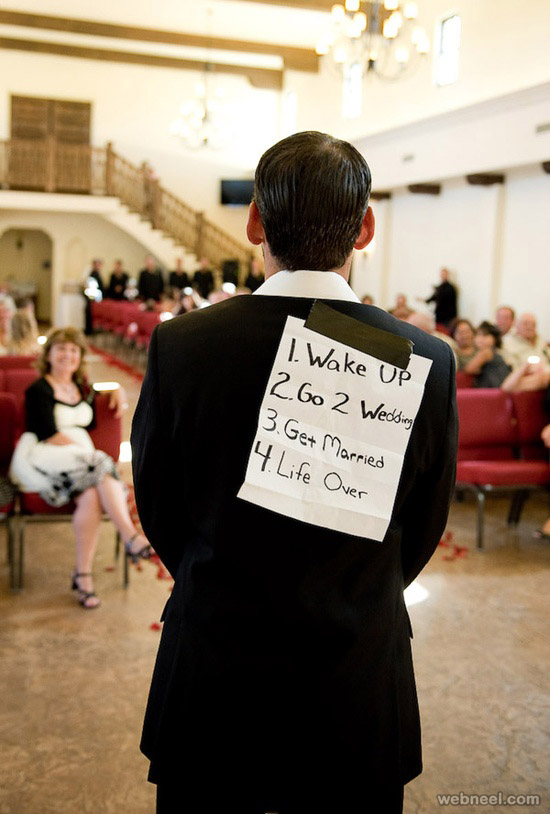 In talking
with so many people over the last several years who visit our church in hopes
of getting connected, one strong, common longing is repeated over and
over. People want to belong. Long before sin even entered the world, God
observed that it was not good for man to be alone. He was specifically speaking of the union of
husband and wife, but in a much larger sense, it was apparent to him that we
needed much more than stuff to do and a natural environment with which to
interact.
In talking
with so many people over the last several years who visit our church in hopes
of getting connected, one strong, common longing is repeated over and
over. People want to belong. Long before sin even entered the world, God
observed that it was not good for man to be alone. He was specifically speaking of the union of
husband and wife, but in a much larger sense, it was apparent to him that we
needed much more than stuff to do and a natural environment with which to
interact.
Here we are
today, each of us still wanting to be included, valued, and missed when we are absent. The truth is,
we can be surrounded by people all day and still feel alone. Or we might think that because we are in a
certain life situation, have a certain color of skin, or have arrived at a
certain age that we are not fully accepted, but have been moved to the margins.
Marginalized:
We’re all familiar with the concept in today’s vernacular. It refers to those
people or persuasions which are out of the mainstream, less influential, or
even completely devalued. The dictionary lists, among it’s meanings, “the edge
of something, especially the outer edge or the area close to it; the part
farthest from the center- that part of anything, e.g., a society or organization,
that is least integrated with the center. Least often considered, least typical
or most vulnerable.” To put it in everyday terms, you’re the last one picked
for the team, assuming you have to be picked at all.
In Mark
7:24-37, we are presented with a dynamic encounter between Jesus and one such
person who dared to challenge the notion that God’s grace be reserved for a
select few. The writer describes it this way: “The woman was a Greek, born in
Syrian Phoenicia. She begged Jesus to drive the demon out of her daughter.
“First let the children eat all they want,” he told her, “for it is not right
to take the children’s bread and toss it to their dogs.” “Yes, Lord,” she
replied, “but even the dogs under the table eat the children’s crumbs.” Talk
about chutzpah!
Can any of
you relate to this text? Have you ever felt out of the mainstream, devalued,
without influence where you want it most?
Maybe it was in your job, in your marriage or family, maybe even—God
forbid—in this church? Looking at this issue from another angle, perhaps you
are one of those who easily flows with the idea that in this dog-eat-dog world of ours, there will
always be those who are undesirables, inconveniences, even just plain losers.
In this Darwinian approach to the masses, what’s the big deal when someone less
educated, less attractive, perhaps less spiritual than the mainstream goes
under for the third time?
Well, there
is One who thinks that it is a big deal, and as our Good Shepherd he
relentlessly pursues those very kinds of people. You know, those people like you and me. I think of the line from the familiar hymn, “Come Thou Fount” –
Jesus sought me when a
stranger, wandering from the fold of God.
Talk about
your margins! While we were yet sinners, Christ died for us. I wasn’t just a little off-center…I was
nearly over the cliff! As were you. As was everyman. Thank God, Jesus is never
content for us to remain at a distance, not a self-imposed one or as a result of being rejected by others. He is
always in pursuit of us.
When it comes
to margins, I pray for two things: May it never be an acceptable notion to any
of us that we are outside the margins
of God’s love and redemption plan…ever! And may it be equally intolerable that
we would view even one person we encounter as less than us or unworthy
of the touch of God. As God’s chosen people, holy and dearly loved, let’s use
margins for writing papers, not classifying people. –tad











